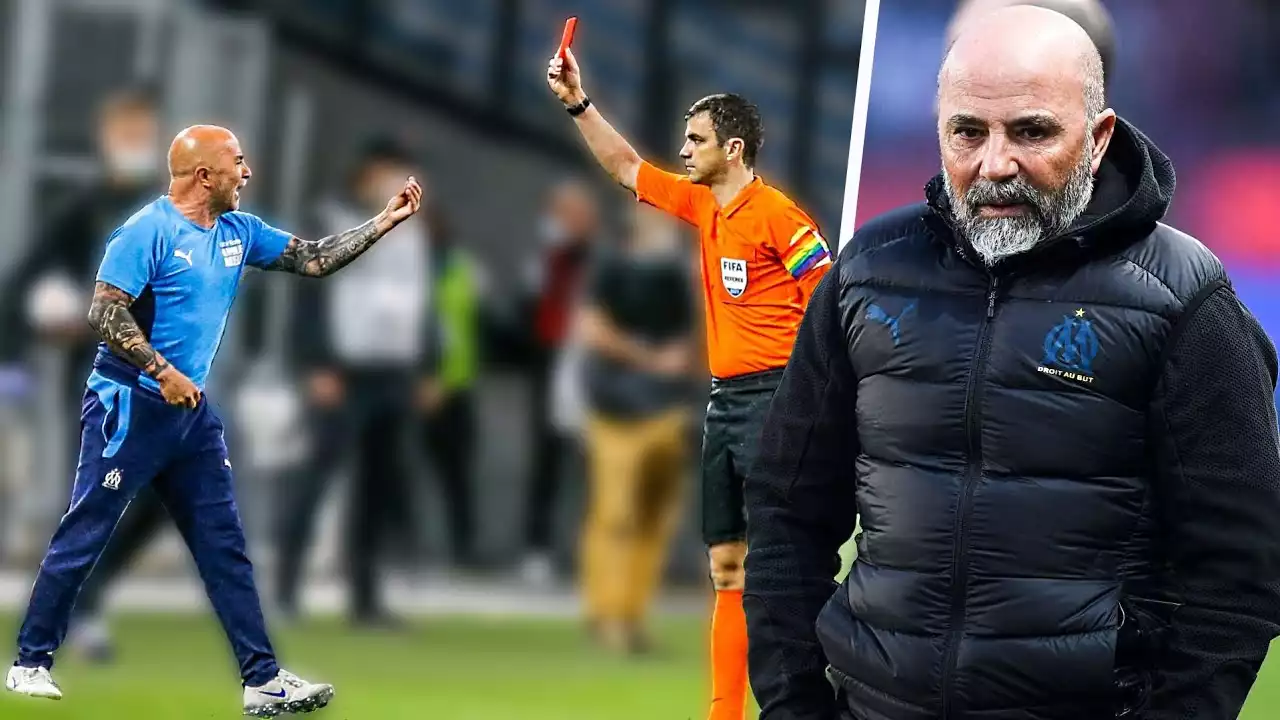Historical background of Argentine influence in Chilean football
The connection between Argentine and Chilean football can be traced back to the early 20th century when Argentine players and managers started making their way to Chile. These pioneers brought with them a wealth of knowledge and experience, contributing to the growth and development of the sport in Chile. Their influence can still be felt today, as many of the principles and philosophies they introduced continue to shape Chilean football.
One of the earliest Argentine managers to have a significant impact on Chilean football was Fernando Riera. Arriving in Chile in the 1950s, Riera introduced a more tactical approach to the game, emphasizing teamwork, discipline, and technical proficiency. Under his guidance, Universidad de Chile achieved great success, winning numerous league titles and establishing themselves as one of the top clubs in the country.
Success stories of Argentine managers in Chilean football
The success of Argentine managers in Chilean football extends far beyond Riera. Marcelo Bielsa, often referred to as "El Loco," is widely regarded as one of the most influential figures in Chilean football history. During his tenure as the national team manager from 2007 to 2011, Bielsa led Chile to their first-ever Copa America title in 2015. His high-intensity, attacking style of play captivated the nation and inspired a generation of Chilean players.
Another Argentine manager who left a lasting legacy in Chilean football is Jorge Sampaoli. Known for his aggressive pressing and relentless attacking approach, Sampaoli guided Chile to victory in the 2015 Copa America, replicating the success of Bielsa. His tactical innovations and ability to extract the best from his players solidified Chile's status as a force to be reckoned with in South American football.
Tactics and playing style brought by Argentine managers
One of the key elements that Argentine managers have brought to Chilean football is their emphasis on high-intensity pressing and aggressive attacking play. Known for their meticulous preparation and attention to detail, Argentine managers have instilled a disciplined and structured playing style in Chilean teams. The focus on possession-based football, quick transitions, and fluid movement has resulted in an exciting brand of football that has won over fans and critics alike.
Additionally, Argentine managers have prioritized youth development and technical proficiency, encouraging the use of skillful dribbling, precise passing, and intelligent movement off the ball. This emphasis on technical excellence has helped Chilean players refine their skills and compete at the highest level. The tactical innovations and playing style brought by Argentine managers have not only improved the performance of Chilean teams but have also elevated the overall quality of the league.
Impact on Chilean players and youth development
The influence of Argentine managers in Chilean football goes beyond just the tactical and playing style aspects. They have also had a profound impact on the development of Chilean players, both at the professional and youth levels. Argentine managers have implemented structured training programs, focusing on individual skill development, tactical awareness, and teamwork.
This emphasis on player development has yielded impressive results, as Chile has produced a number of world-class players who have gone on to have successful careers at top clubs in Europe. The likes of Alexis Sanchez, Arturo Vidal, and Gary Medel are just a few examples of Chilean players who have flourished under the guidance of Argentine managers.
Challenges faced by Argentine managers in Chilean football
While the influence of Argentine managers in Chilean football has been overwhelmingly positive, it hasn't been without its challenges. Language and cultural barriers can pose initial difficulties for Argentine managers trying to adapt to the Chilean football landscape. Understanding the local culture, building relationships with players, and gaining the trust of the football community are crucial aspects that Argentine managers must navigate.
Additionally, the expectations and pressure to deliver immediate results can be daunting for foreign managers. The highly competitive nature of Chilean football demands success, and Argentine managers are often under scrutiny from fans, media, and club owners. However, their ability to overcome these challenges and make a lasting impact speaks to their resilience and adaptability.
Criticisms and controversies surrounding Argentine managers in Chilean football
While the success of Argentine managers in Chilean football is undeniable, there have been criticisms and controversies surrounding their approach. Some argue that the emphasis on intense pressing and attacking play leaves teams vulnerable defensively. Others claim that Argentine managers prioritize individual talent over team cohesion, leading to a lack of consistency in performance.
Furthermore, clashes with local players and club officials have occasionally strained relationships between Argentine managers and the Chilean football community. However, these criticisms and controversies are part of the game and should not overshadow the positive contributions and achievements of Argentine managers in Chilean football.
Future prospects and potential for further Argentine influence
The future prospects for Argentine influence in Chilean football remain promising. With a rich pool of talented young players and an increasing focus on youth development, the stage is set for Argentine managers to continue leaving their mark on the game. The success stories of Bielsa and Sampaoli have inspired a new generation of Chilean coaches who are eager to learn from their Argentine counterparts.
Furthermore, the exchange of knowledge and ideas between Argentina and Chile continues to strengthen the bond between the two nations' football cultures. As the game evolves and new challenges arise, the adaptability and innovation of Argentine managers will play a crucial role in shaping the future of Chilean football.
Case studies of notable Argentine managers in Chilean football
To further illustrate the impact of Argentine managers in Chilean football, let's take a closer look at two notable case studies: Marcelo Bielsa and Jorge Sampaoli.
Marcelo Bielsa, known for his meticulous attention to detail and unwavering commitment to an attacking style of play, transformed Chilean football during his tenure as the national team manager. Under his guidance, Chile achieved unprecedented success, winning the 2015 Copa America and earning plaudits for their high-intensity pressing and relentless attacking play.
Jorge Sampaoli, a disciple of Bielsa, continued the legacy of Argentine influence in Chilean football. His aggressive pressing and attacking approach led Chile to victory in the 2015 Copa America, cementing their status as a dominant force in South American football. Sampaoli's tactical innovations and ability to extract the best from his players showcased the continued impact of Argentine managers in Chilean football.
The influence of Argentine managers in Chilean football cannot be overstated. From introducing tactical innovations to shaping playing styles and player development, these managers have transformed Chile into a formidable force in South American football. Their ability to adapt to the local culture and overcome challenges speaks to their resilience and adaptability. As the game evolves, the future prospects for Argentine influence in Chilean football remain promising, ensuring that the captivating story of their impact on the beautiful game in Chile will continue to unfold.










